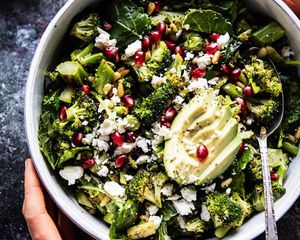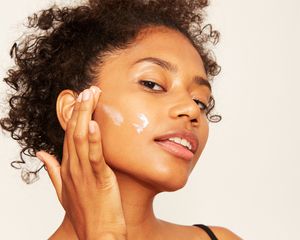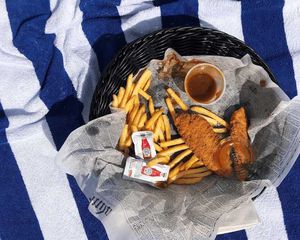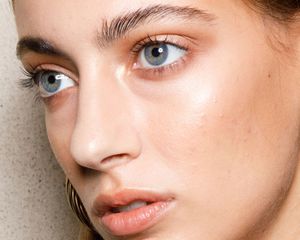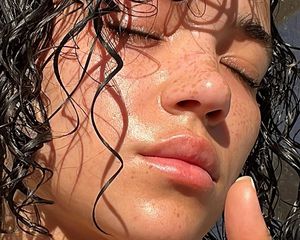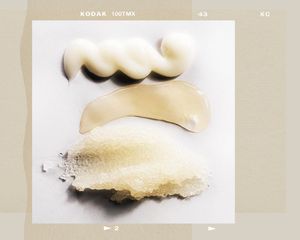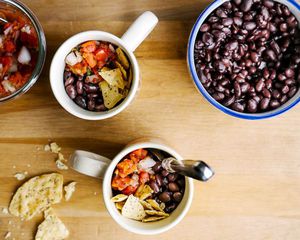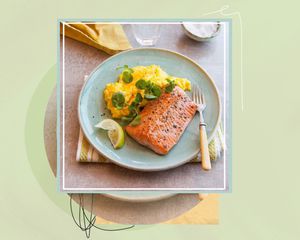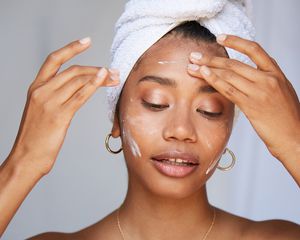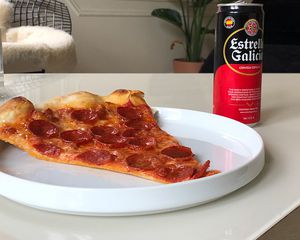
Brook Pifer / Getty Images
It’s no secret that good skin starts from within. What you eat has a massive effect on not only your weight, health, and overall mood, but also your skin, hair, and nails. As the old adage goes, “When you’re healthy on the inside, it shows on the outside.” While it’s totally normal to have oily skin, it might be worth looking to your diet if you’re producing excess oil, as certain foods can trigger oil production and lead to more sebum being produced, causing breakouts.
You might have tried every acne-busting, salicylic-acid-packed serum out there, but if you’re eating foods that make your skin oily, it will be hard to get a handle on things with skincare alone. So we spoke to a nutritionist and dermatologist to find out once and for all which foods cause oily skin.
Meet the Expert
- Patricia Boland is a dermatologist and Vice President of Research and Development at Colorescience UK. She has nearly two decades of experience in the beauty and cosmetic industry.
- Jenna Hope is a registered nutrition consultant and founder of Jenna Hope Nutrition Consultancy. Her clients include individuals and leading brands, such as ASOS, Google, and Soho House.
Salt
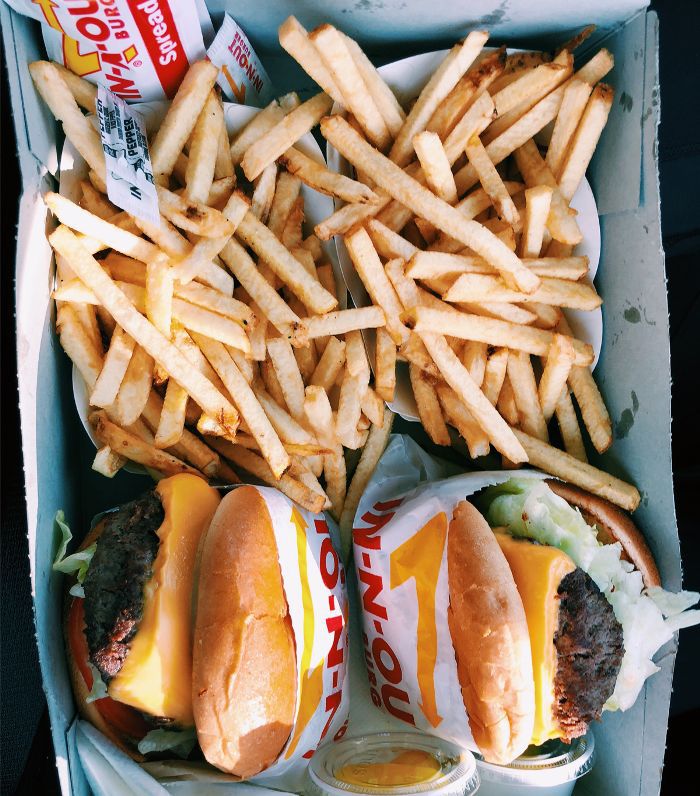
We know, we know: it's not how we wanted to start this list, either. But salt is one of the biggest offenders when it comes to affecting our skin's appearance. “Consuming excess salt can cause dehydration, water retention, swelling, and eye bags,” says Boland. “It can also lead to an increase in oil levels as the skin tries to combat the dehydration caused by salt.”
What to Eat Instead: Resist giving your dishes a healthy sprinkling from the salt shaker, and see if any of your staples like beans and soups come in a low-sodium variety.
Red Meat
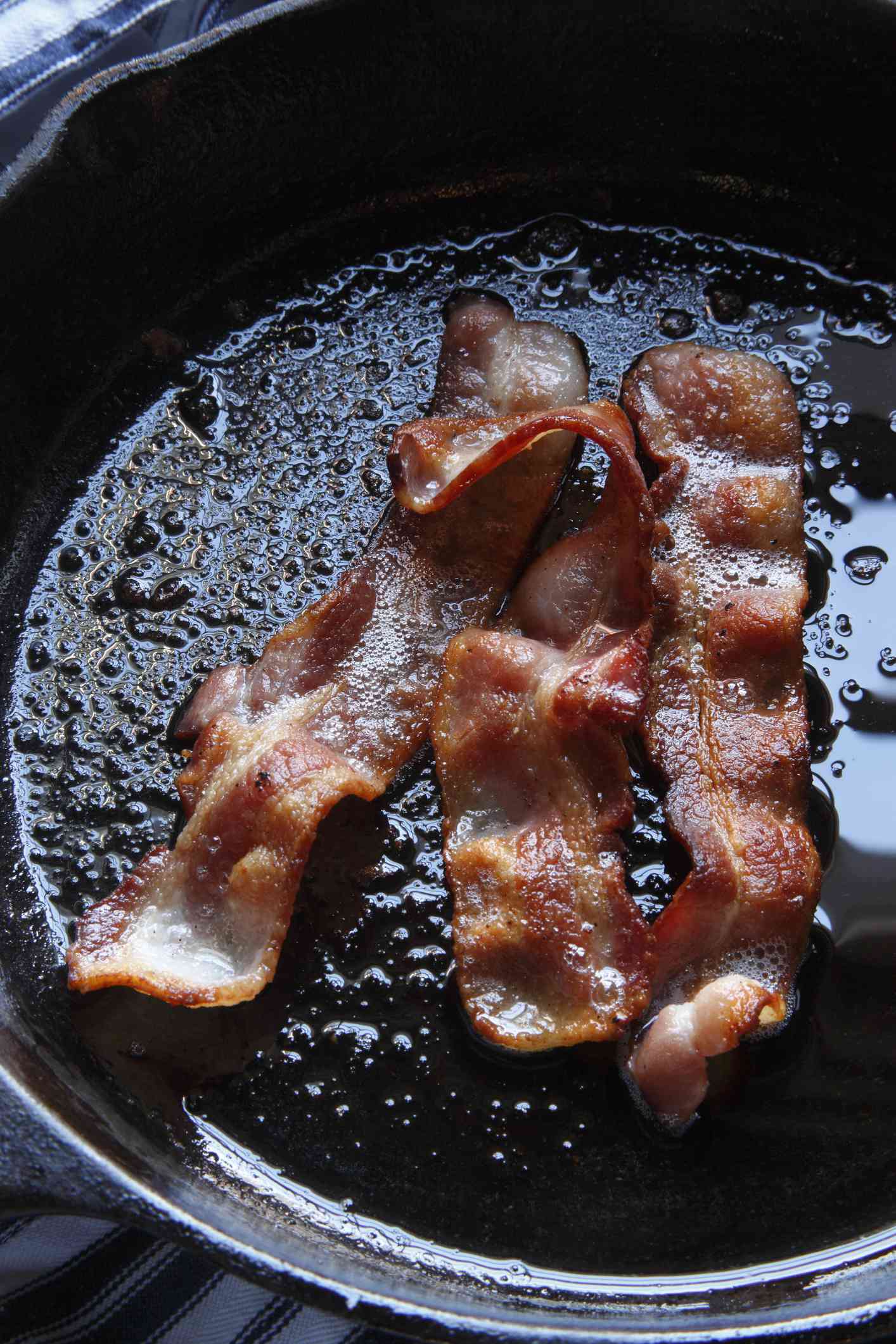
Red meat may also be contributing to extra shine on your skin. "Red meat, such as sausages, beef, lamb, and bacon, can be high in saturated fats, which can increase inflammation in the skin," says Boland. "This excess inflammation can cause excess oil to be produced."
What to Eat Instead: Switching some of your red meat intake to poultry or fish will help reduce the amount of fat you ingest, suggests Hope.
Sugar
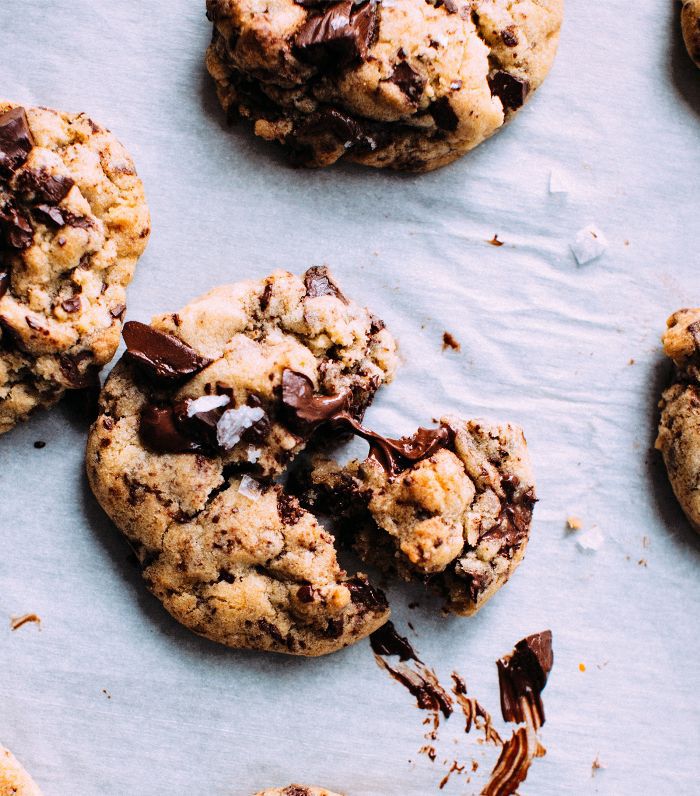
It's easy to think that if salt is a no-go, surely its opposite sugar will be safe territory. No such luck, actually. "Research has shown foods high in sugar increase the production of IGF-1, a peptide hormone that stimulates growth, but also can cause an overproduction of sebum, aka excess oil," says Hope.
What to Eat Instead: Try switching your sugary afternoon snack for an apple or oatcakes and guacamole.
Refined Carbohydrates
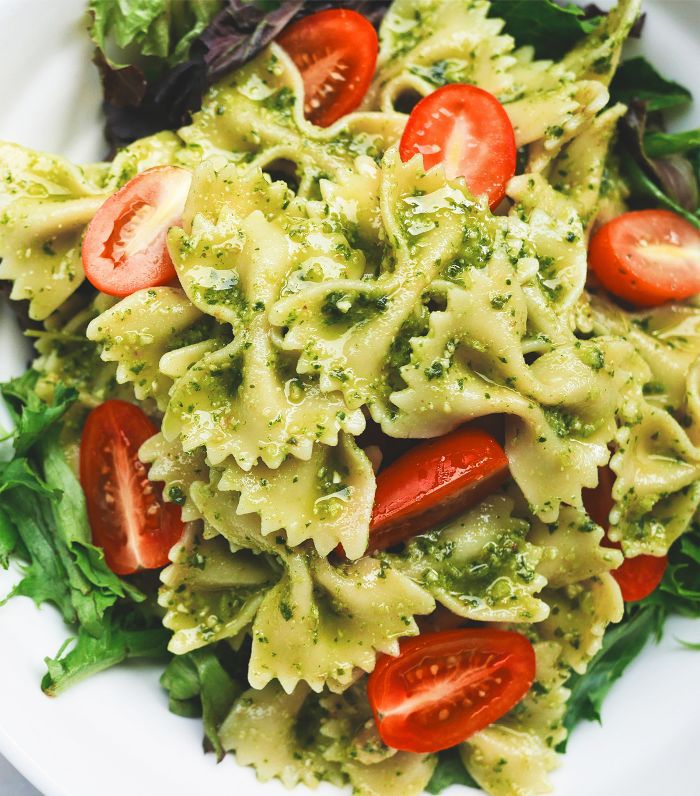
Foods high in refined carbohydrates (white bread, white pasta, and white rice), can also increase the production of IGF-1, according to Hope. That makes spaghetti and meatballs a double whammy in terms of fueling your skin's unwanted oil output.
What to Eat Instead: This switch is easy: reach for whole wheat, brown, or otherwise less-processed grains (bonus: you also might see belly fat disappear).
Dairy products
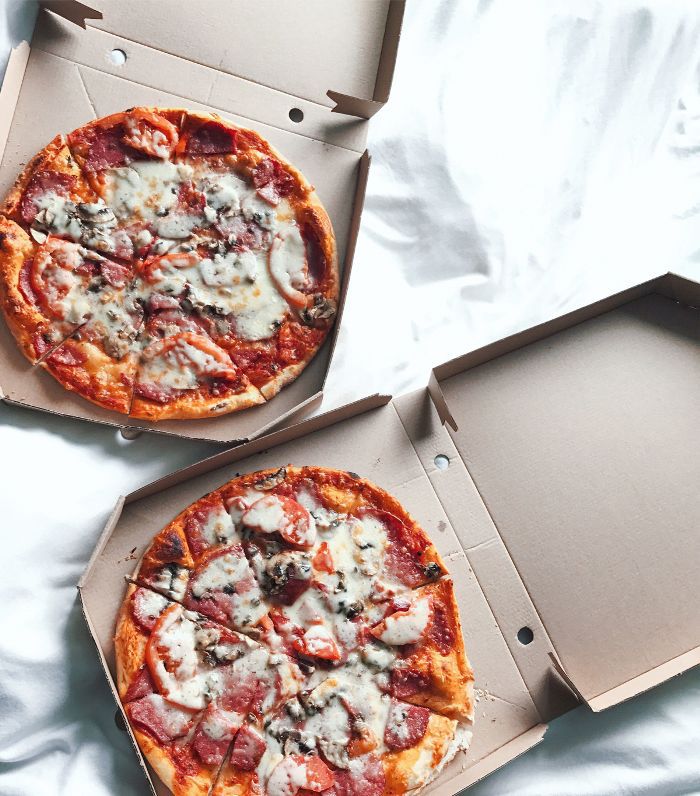
Even though dairy products, in general, may cause breakouts, "Because high-quality dairy products are associated with other health benefits, I'd always suggest limiting refined carbohydrates before dairy," suggests Hope. Try eliminating one at a time to make sure you can correctly attribute any differences in your skin to your diet changes.
What to Eat Instead: Some research suggests that skim milk may be more likely to cause acne, thanks to that pesky IGF-1, so whole milk options are actually a better bet if your pizza is the only thing you want to be blotting with a napkin.
Alcohol
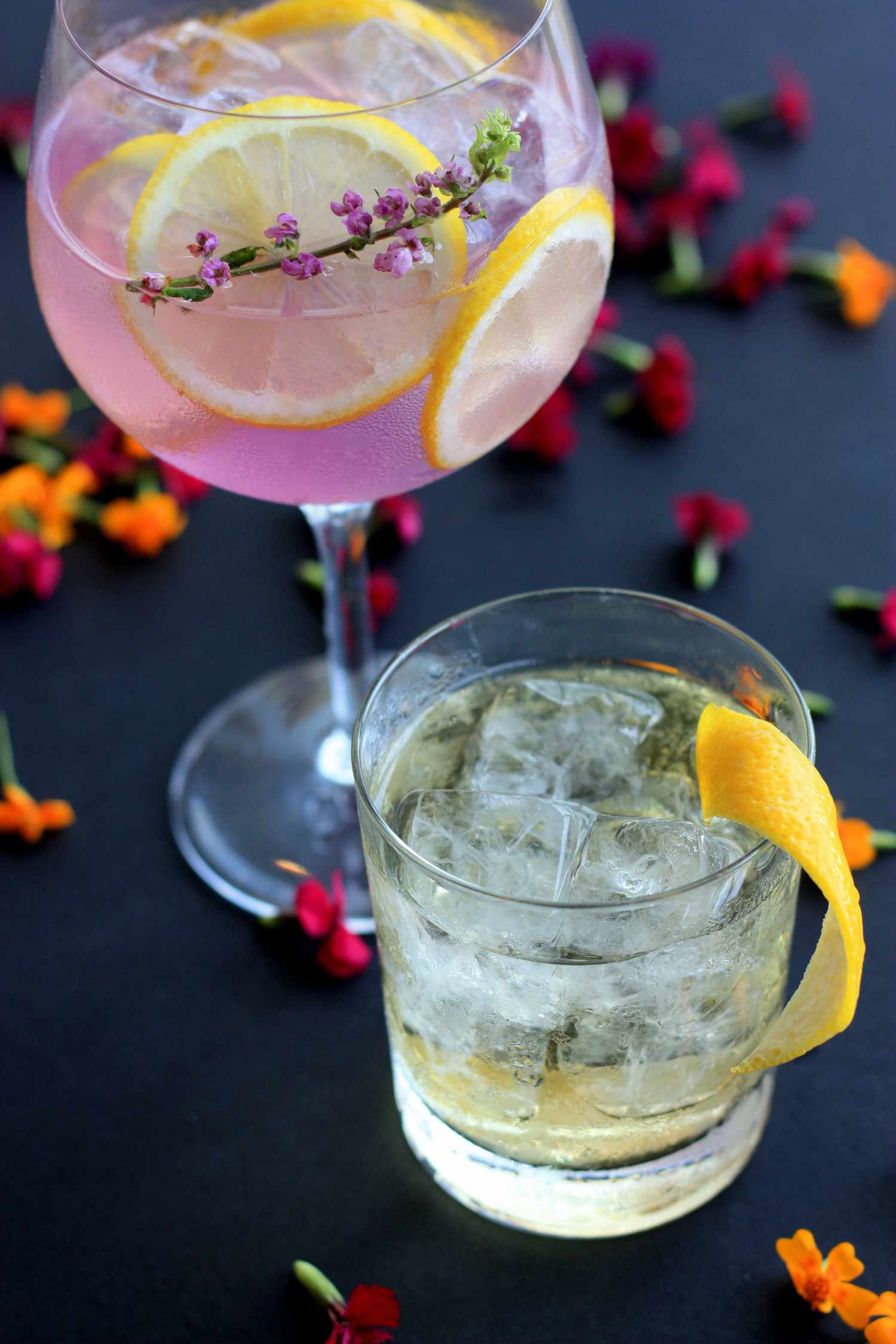
The natural diuretic properties of alcohol might mean dehydration for your skin. As we now know, dried-out skin can kick oil production into overdrive.
What to Eat Instead: Opt for drinks with non-alcoholic ingredients or fruit juices, and make sure to hydrate before and after imbibing.
Peanut Butter
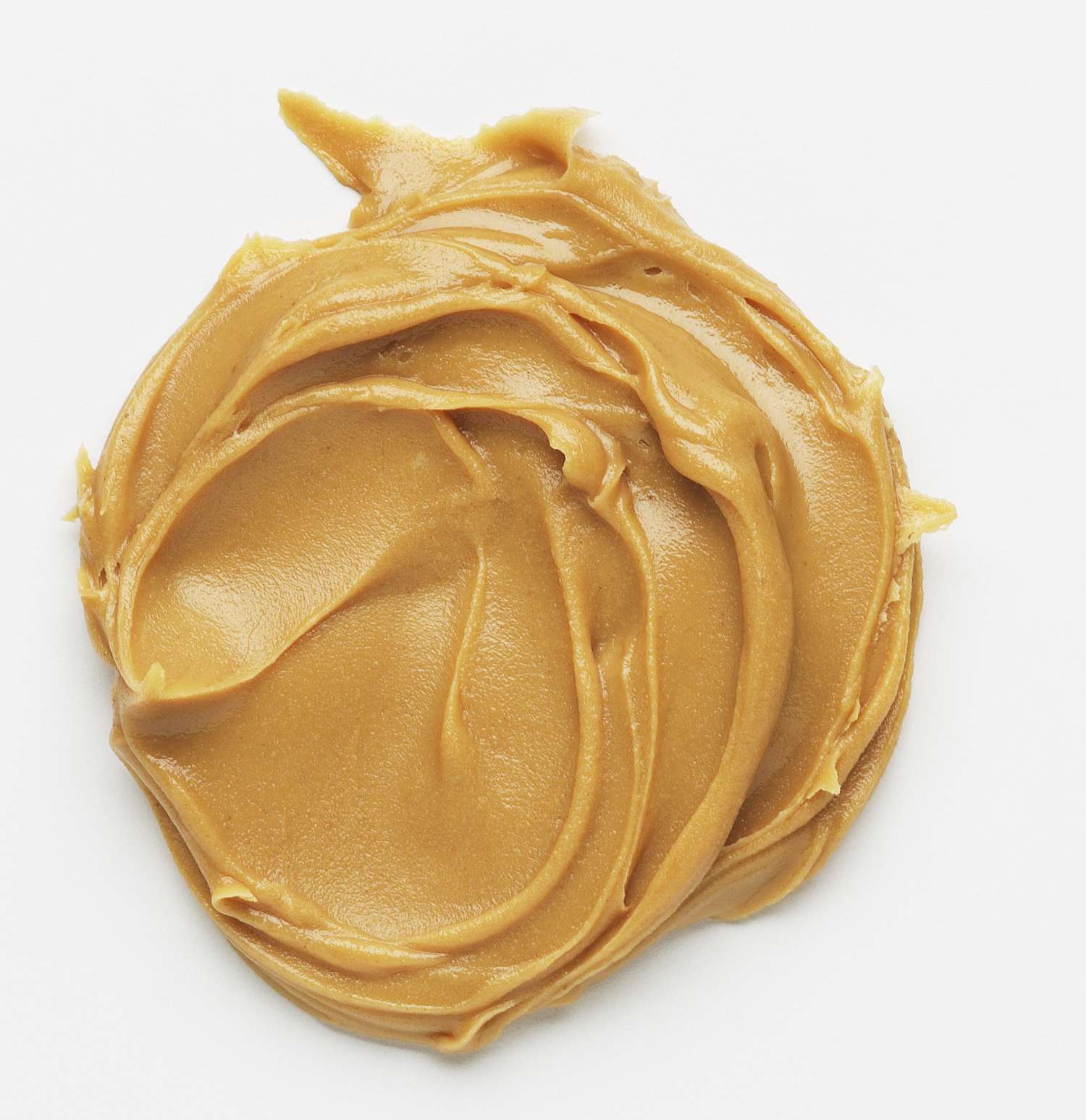
The delicious spreadable snack contains a large amount of fat—specifically omega-6 fatty acids, which are proven to cause inflammation and breakouts in the skin. RIP, secret spoonfuls right out of the jar in the middle of the night.
What to Eat Instead: Opt for tree nuts or seeds with omega-3 fatty acids, which may actually calm skin's inflammation.
Fried Food
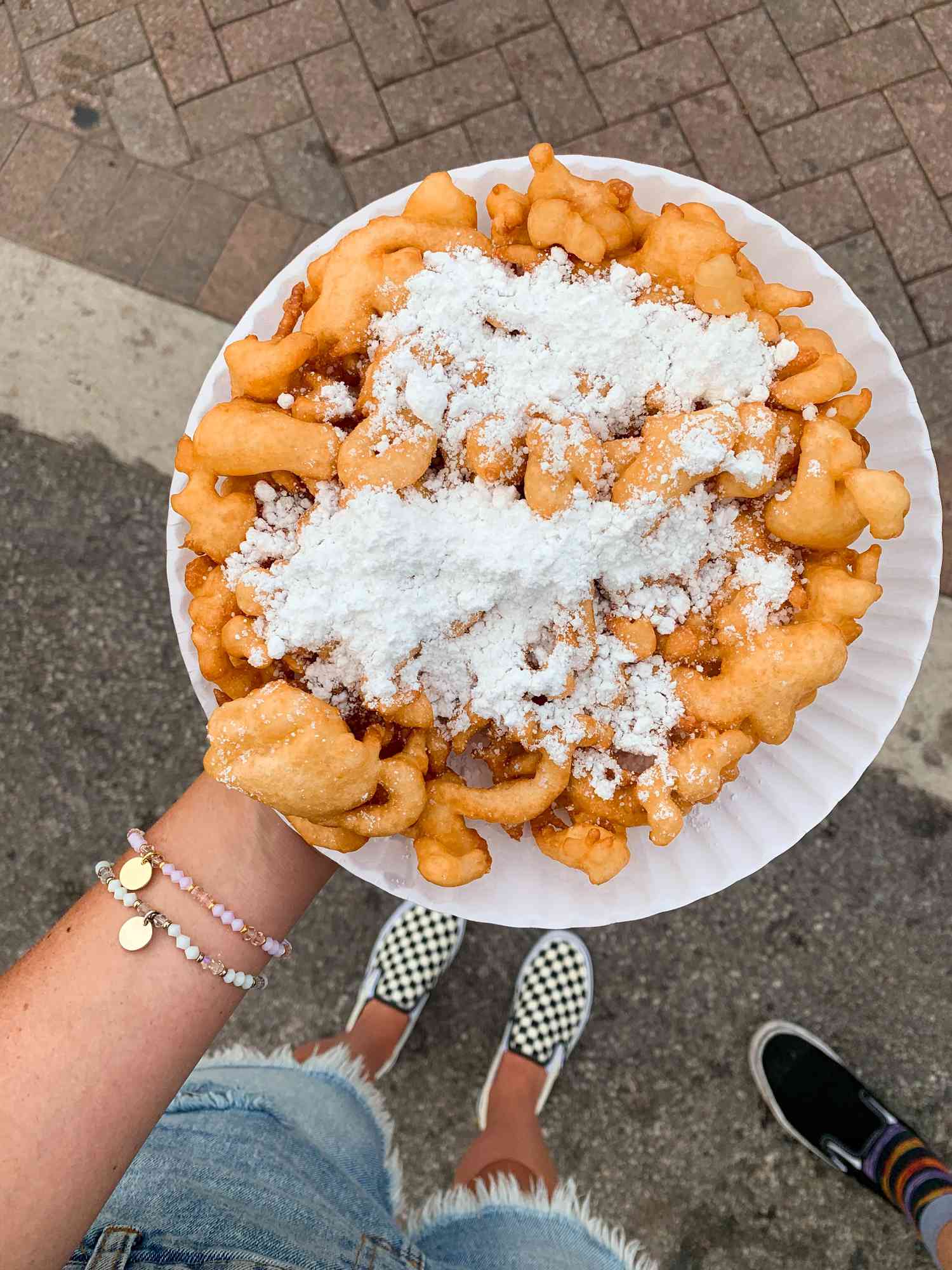
Photo by Mollie Merritt on Unsplash
It seems obvious, but we're here to confirm your fears: state fairs' fantastic varieties of fried food are basically one big booby trap for your skin. Saturated and trans fats are to blame here, again potentially causing inflammation that your skin may race to correct with oil production.
What to Eat Instead: Avocado or olive oils make better frying options if you're going to indulge or invest in an air-fryer for all the crunch with hardly any of the harm.
Zinc plays a key role in maintaining the function of the sebaceous cells, which are responsible for producing oils to nourish the skin, says Hope. Seafood, yogurt, and oatmeal are a few foods with naturally high levels of zinc, or look into a dietary supplement to make sure you get plenty of it.
Meat Substitutes

Photo by Deryn Macey on Unsplash
Impossible and Beyond burgers are delicious but too good to be true: many meat substitutes use soy by-products that are highly processed, which may also lead to excess sebum production. Several also contain high levels of saturated fat.
What to Eat Instead: Try a bean-based patty substitute the next time you've got a craving for a burger.
Soft Drinks
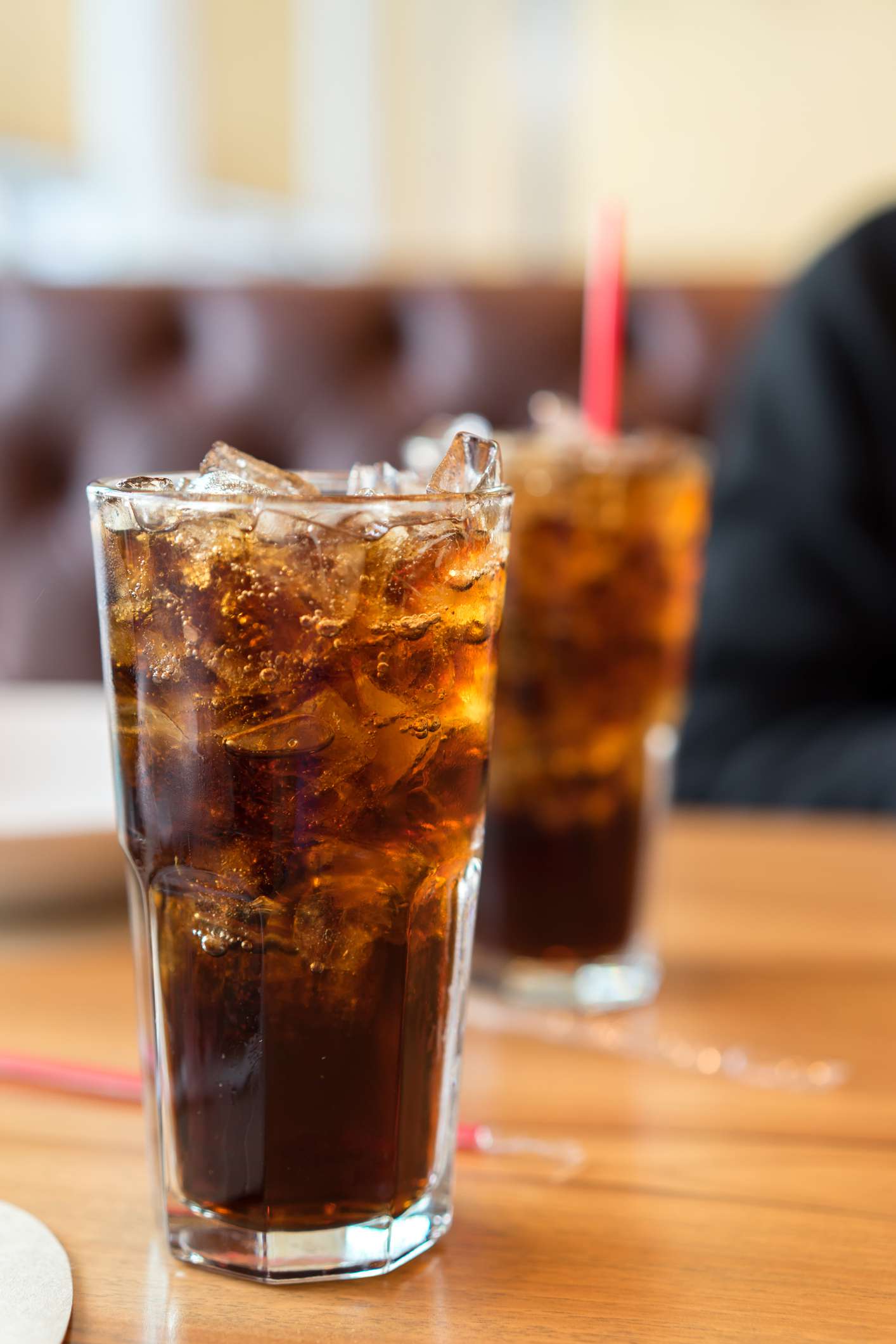
Kiattisak Lamchan / EyeEm / Getty Images
There's nothing quite like the first few bubbly sips of a soda. The sugar-laden beverages are bad news for IGF-1, a peptide hormone can create excess oil if it is overstimulated, as Hope explains.
What to Eat Instead: Diet sodas exist for just this reason—harm mitigation, or try sparkling water if it's just the fizz that you're after.



